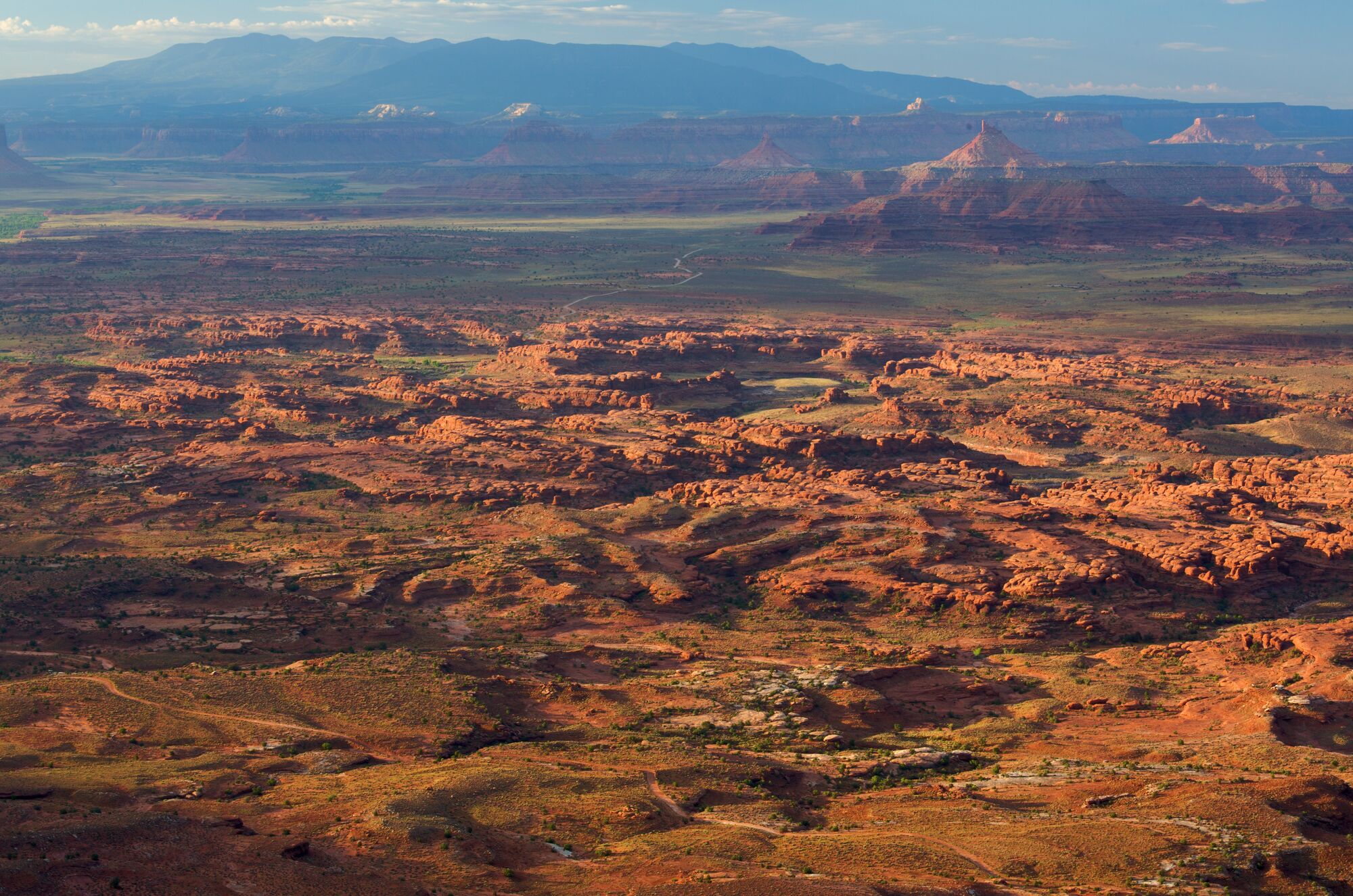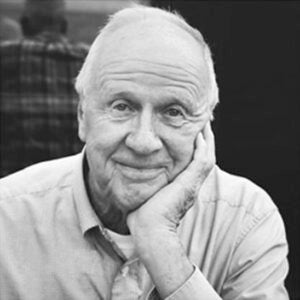Remembering Owen Olpin
The former Earthjustice board member helped shape our organization's culture with a mix of high intellectual standards, respect and humor.

This page was published 2 years ago. Find the latest on Earthjustice’s work.
Long-time Earthjustice staff and board members were saddened to learn this winter of the passing of Owen Olpin, 88, a lawyer whose exceptional intellect and engaging personality helped shape us as individuals, and Earthjustice as an organization, for over three decades.
Owen was a brilliant lawyer and negotiator without equal in his grasp of Western water law. He was also a wise, witty and gentle mentor who brought out the best in his clients and us. He modeled the kind of lawyers Earthjustice staff wanted to be, and although he was not alone in this regard, he helped create the mix of high intellectual standards, respect and humor that characterizes Earthjustice’s culture to this day.
Raised in southern Utah, Owen attended Brigham Young University and Columbia Law School, where he was an editor of the law review. In 1958 he joined the firm O’Melveny & Myers in Los Angeles.
At O’Melveny, Owen took an interest in natural resources law and its offspring, environmental law, a full decade before Congress enacted most of the environmental statutes that now form the core of so much of our work. His growing reputation led to invitations to teach at several law schools, and he took a prolonged leave of absence from his firm to teach at the University of Texas for one year and at the University of Utah for six. By the mid-1970s Owen was sought out by businesses, government agencies, law schools and other lawyers for his expertise in Western water law and the laws governing just about every other natural resource.

Owen Olpin (O’Melveny & Myers)
So, as former Earthjustice attorney and vice president Bill Curtiss points out, Owen was not out to put a feather in his cap when he agreed to join the board of the Sierra Club Legal Defense Fund – what became Earthjustice – in 1977. His cap already had feathers aplenty. And in 1977 Earthjustice didn’t have much prestige to offer. We were barely a dozen employees in two underfunded offices, with no permanent executive director and no fundraising staff. But Owen understood the pressing need for high-caliber lawyers willing to take corporations and rogue agencies to court – even if those corporations were occasionally his own clients – and he saw our potential.
We were not the only beneficiaries of Owen’s wisdom and dedication to service. He was so highly regarded for both his knowledge and character that in the 1980s the U.S. Supreme Court appointed him special master to recommend a solution to an ongoing dispute between the states of Nebraska and Wyoming over waters flowing into the North Platte, and the Court then adopted his recommendations. Owen later mediated another long-running dispute among California, Arizona and the Quechan Tribe over claims to the Lower Colorado River. He also served on the boards of other organizations, including the Grand Canyon Trust, Environmental Law Institute, and NRDC.
But despite all these other calls on his time, Owen always kept his strong interest in Earthjustice, his commitment to our work, and his willingness to engage with staff and fellow board members. Lori Potter, former managing attorney of our Rocky Mountain (Denver) office and now on the Earthjustice board, recalls:
“Owen was a guru of administrative law and had lots of novel ideas about its use. On water, he was a pro. He was Socratic at heart, and I think that his years debating water issues with me convinced him that the Endangered Species Act is part of the hallowed ‘Law of the [Colorado] River.’ He was deeply all-in on Earthjustice, and this kind of devotion is such a large part of what got the organization to where it is today.”
Owen spent most of the last 20 years in his beloved canyon country of southern Utah, with more time to indulge his love of family, the outdoors, and literature, and we did not get to see much of him. Still, we miss knowing that he is only a phone call away, always willing to respond to our request for help in thinking a problem through – not just wisely, but with enthusiasm and a chuckle.